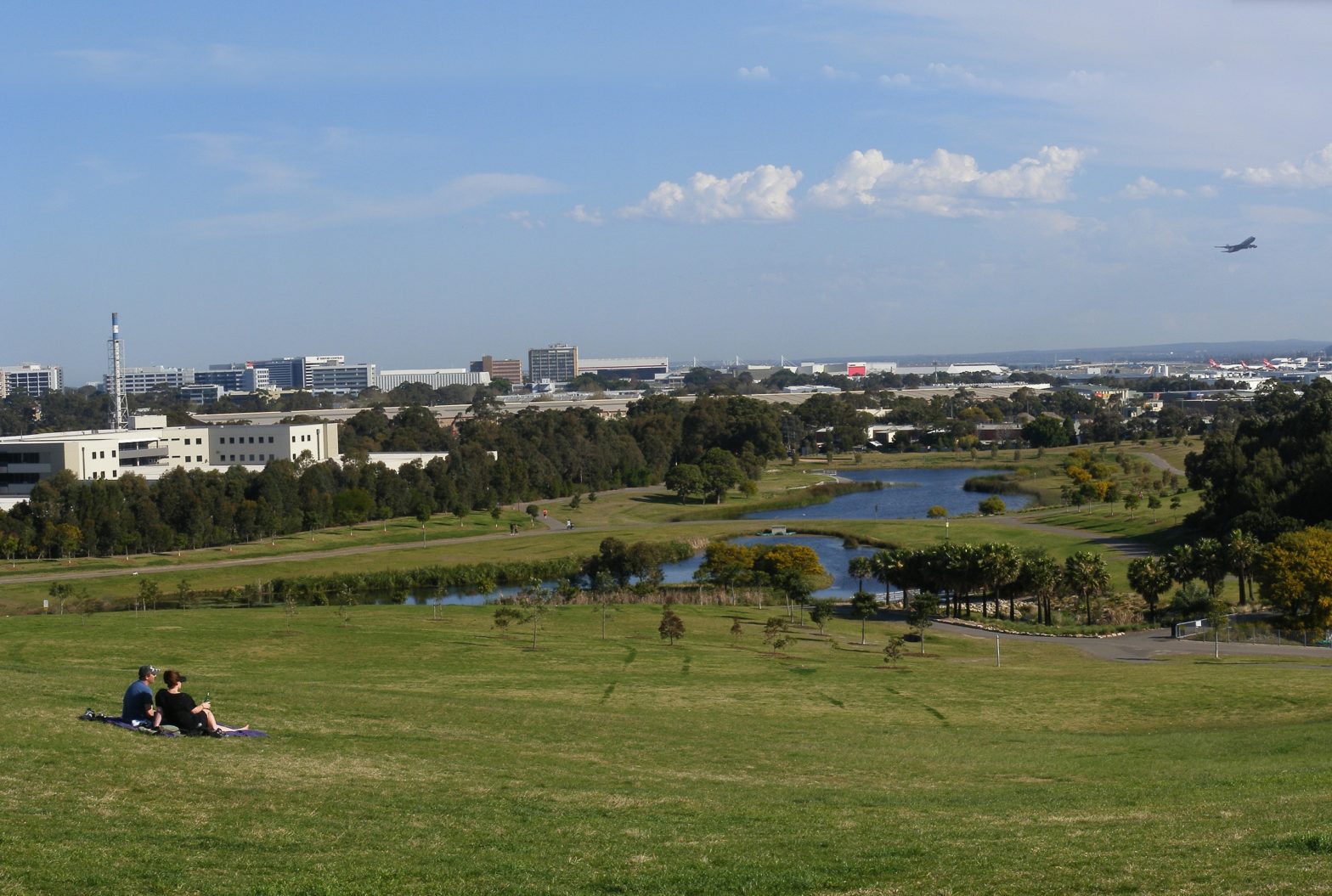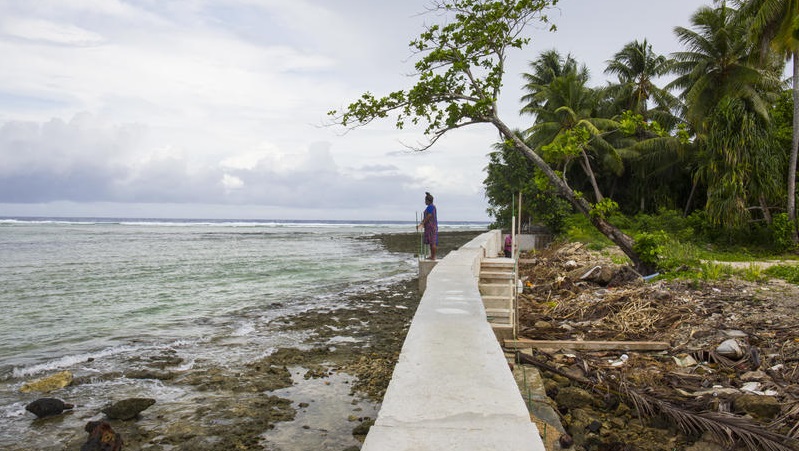Governments around the world must agree to end the use of coal power to avoid the worst ravages of climate breakdown, the UK’s president of vital UN climate talks has said.
Ministers from more than 50 countries closed a two-day meeting in London on Monday without full agreement on phasing out coal, but with all countries agreeing to limit global heating to 1.5C, with fewer than 100 days to go before the Cop26 UN climate conference in Glasgow this November.
Alok Sharma, the UK’s president-designate of Cop26, said: “We were not able to get every country to agree to phasing out coal power, which was very disappointing. We will certainly have more discussions in the coming months …Unless we get all countries signed up to a coal phase-out, keeping 1.5C in reach is going to be extremely difficult.”
This week’s meeting was the first in-person meeting of climate and environment ministers since the last Cop [conference of the parties under the UN Framework Convention on Climate Change] in December 2019, just before the Covid-19 outbreak became a pandemic. The lack of in-person meetings has been an obstacle to achieving the progress needed on key issues including emissions cuts, technical agreement on implementing the Paris climate agreement, and climate finance.
Patricia Espinosa, the UN’s top climate official, called the discussions “extremely productive” but she added that many countries had not yet come forward with national plans on cutting greenhouse gas emissions in the next 10 years, which scientists have warned will be essential to holding temperature rises to 1.5C above pre-industrial levels.
Small islands will be among those worst afflicted by climate breakdown, and many face inundation at temperatures higher than 1.5C above pre-industrial levels.
Molwyn Joseph, the cabinet minister in Antigua and Barbuda, who led the delegation of the Alliance of Small Island States (AOSIS) at the London meeting, said: “The message from small island developing states (SIDS) appears to be well received. This provides a level of hope that the major emitters are beginning to understand their responsibilities and should be committed to keeping the 1.5C goal in reach. Major emitters, especially the G20, need to redirect all fossil fuel subsidies into renewable energy investments.”
Governments around the world were accepting of the need to support the most vulnerable countries, which were suffering climate-related extreme weather that was inflicting “serious loss and damage to their infrastructure and economies”, he said. “For SIDS, this is not abstract, this is real. This is a matter of climate justice.”
The UK and the UN also urged countries to come forward with concrete plans to hold heating to 1.5C, including targets on their national emissions for the next decade, and details of how they intend to reach their goals.
Barbara Pompili, France’s environment minister, told the Guardian: “It’s now time for the world to define the tools that will allow us to stay below 1.5C of global warming. After more than a year of a health crisis, this first physical meeting in London was an essential step for jolting the international community into action. We are 100 days away from the Cop. The countdown is on.”
Many participants and observers noted the recent extreme weather around the world – in Europe, North America, China and other countries – which has given an added impetus to the talks. London experienced torrential rain on Sunday, which led to flooding in many areas, even as the talks were taking place. Espinosa said: “Recent and current extreme weather events have raised the level of attention not only for decision-makers but the general public.”
Kat Kramer, climate policy lead at the charity Christian Aid, said: “At a time when the host city flooded with unusual rains, and in light of the catastrophic flooding in China last week, the sheer peril of climate change should be at the forefront of all ministers’ minds. We are endangering our own life raft – our shared planet. It is the people on the frontline, in the most climate-vulnerable countries who will suffer the most, although they have caused it the least.”
This story was produced by Fiona Harvey, published by The Guardian on 26 July 2021, reposted via PACNEWS.




